In honor of Guru Purnima – celebrations in honor of the guru
First you need to know that you do not know and someone knows. This attitude will help you to be receptive to meeting with those who have the ultimate knowledge of reality, and it will help you to be humble enough to receive the knowledge.
Desire for Knowledge
The sincere inner desire to know the Truth will lead your way in this search. With this attitude, you will seek out a teacher and be able to recognize the teacher.
It is said that the teacher appears in front of you when you are ready.
In other words, divine grace will allow you to recognize and appreciate the teacher when your sincere desire to know the truth becomes ripened.
Teacher / Student Relationship
You cannot desire to have a husband if you are not ready to be a wife and vice versa–a man cannot desire to have a wife without being ready to be a husband. Why?
Because husband/wife is a relationship and student/teacher is a relationship. To find a spiritual teacher, you need to have the spiritual readiness to learn and to self-transform, to ultimately to surrender to the truth conveyed and embodied by the teacher you want to learn from.
It is not sufficient for you to be exposed to knowledge; you need to drink deep from it. The teacher and the knowledge might impress you but are you ready to dive into it?
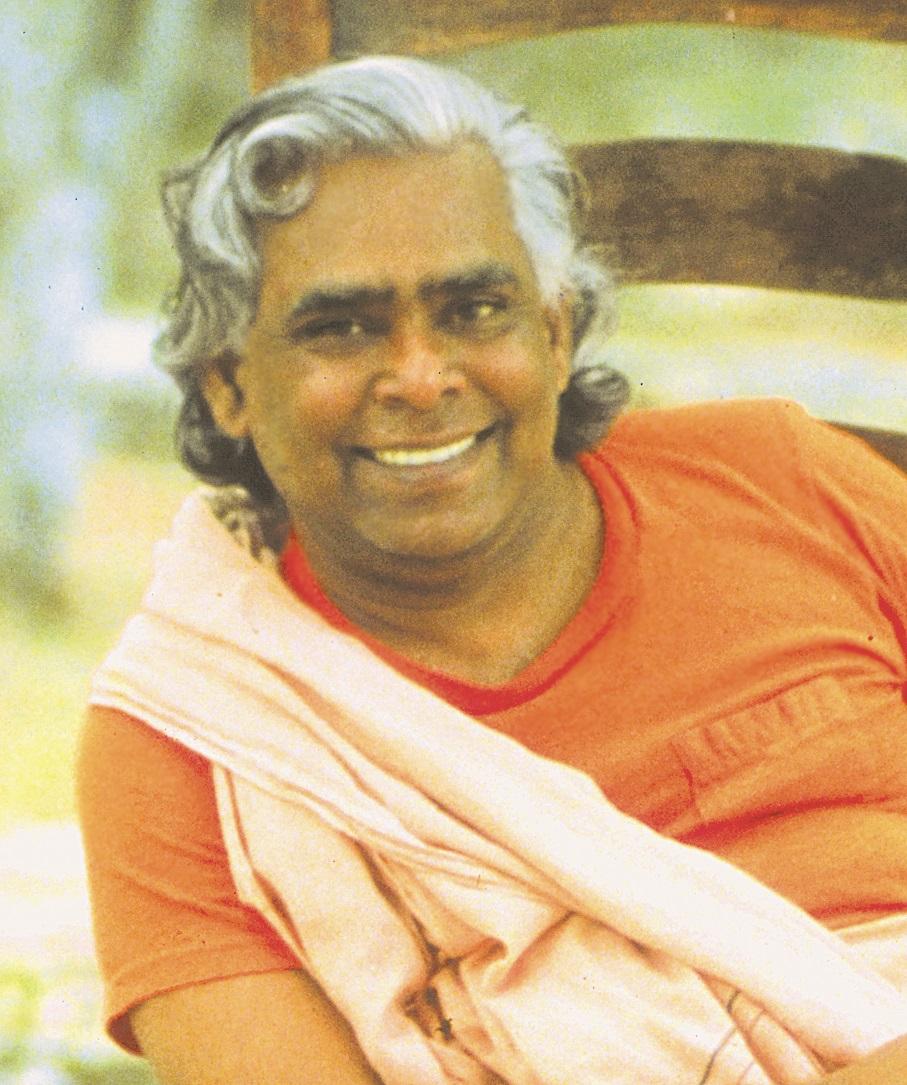
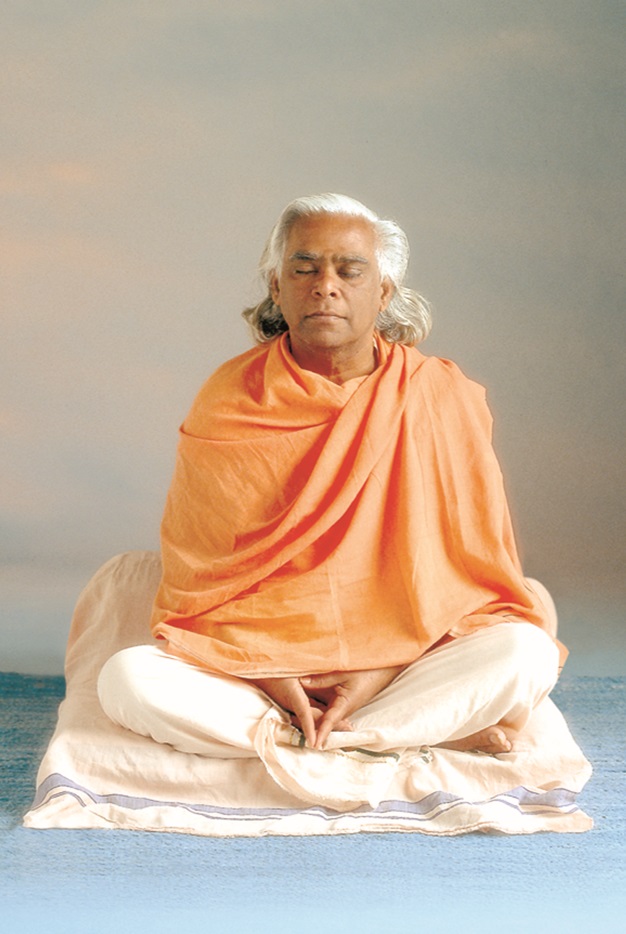
The problem of misunderstanding
Aspirants are normally much involved in the external vision of themselves as being a physical body in the material world.
So in the beginning the eyes take some time to turn around to look within and begin to differentiate the “I” as distinct from the physical, seeing that there is a subtle reality of mind and spirit.
In this beginning state of mind, often one will misinterpret the teachings of the teacher, not understanding why everything has to be so complicated and why one needs to apply all these hair-splitting logics to know his or her Self.
You mistake your mental habits and your different identifications and attachments to be yourself, and fail to understand the link between your lifestyle and your happiness.
Some examples
- The teacher will be talking about the nature of suffering and mistakes in perception, and you may misinterpret, thinking that the teacher is talking about someone else and not about you.
- The teacher will be talking about the nature of your true bliss and your mind refers to your temporary experience of conditioned happiness.
- The teacher will be talking about the nature of your real Self and you equate it to the specifics of your ego-self.
In the beginning you probably will not have a clue of what the teacher is talking about. What he/she says may fly above your head or may poke you and make you feel uncomfortable. Students might argue with themselves internally.
For example, the teacher says that you are eternal bliss, that bliss is our true nature, and students may argue mentally, thinking inside that it is not true, thinking that they are quite content with small glimpses of peace and that bliss absolute is out of reach.
Your personal experience of the constant ups and downs in life may lead you to think the teacher is too optimistic or unrealistic, or even that it is absurd to say that life is just bliss and existence, no death, no pain. You do not yet know that without the background of eternity, you will not have a correct perspective to appreciate the present life.
Faith helps to learn from teacher
To learn from the teacher, you need to meet him/her at his level with faith, and the teacher will meet you at your level with love
Swami Vishnudevananda used to teach the highest philosophy, mixing it with simple words such as pizza, banana, ice cream.
He used to point out our delusion with humor and laugh so heartily that we also started laughing at own mistakes and learning without taking ourselves so seriously.
The process of learning: hearing and hearing again
You need to hear it again and again from your teacher, not only reading, but most importantly hearing it. Hearing with an open attitude. You need to meet with a teacher in person because you need to bring the learning to a personal, physical, experimental, real dimension.
Hearing and seeing together is tremendous learning. It is not just intellectual or imaginative that you can dismiss easily, but it is tangible real life and real involvement of heart, head and action. This process of absorption of the truth through tuning to a live wise person is not an instant process. It is to be carried on with time; you will have to hear and hear again, until it is absorbed in your own heart.
You will have to have satsangs again and again until you vibrate on the same wavelength with the teacher.
Contemplation – Thinking about words of the teacher and scriptures
In Vedanta and Yoga philosophy, it is said that you will have to contemplate on an idea even if you might not agree or it is not your experience now. You have to contemplate on the idea that has been transmitted to you by those enlightened souls or the masters who have experienced it. The great masters have experienced bliss absolute. They say so and you don’t have the experience, but you have to think about it.
The process is that you think about it and you realize by thinking how your thinking is wrong on certain points. It is not that what they say is incorrect, just that you’re thinking somehow makes it so you cannot perceive what they say.
There is a technique in Vedanta called self-inquiry. The practice of self-inquiry is to question the way you think about yourself. How do you question it? You question it because you heard it from the master. You have faith in what they say to be correct. You are going to do some thinking based on what they say, assuming that what they say is correct. Then eventually you will realize what they say in your own heart, and that is the purpose of self-inquiry and contemplation.
It requires some thinking from you that you have to do yourself. It’s not for another to think for you. The masters did the thinking, their writings and the scripture convey the knowledge, the teacher can explain it, but you will have to do the work of self-inquiry yourself until you get it and make it yours. You have to realize it yourself in this self-inquiry, because it is about you.
The question starts with “Who am I?”
Most of the time people don’t like to think about this question of “who am I”, because it requires a lot of thinking. Most people don’t like to think. They will say, “Tell me what I need to believe in and I will be fine. I trust you.”
The process of learning is not a process of blind believing. You will have to think and realize it yourself, as nobody can save you except yourself. Swami Vishnudevananda says all the time: “If you are hungry, you have to eat it yourself. Nobody can eat for you.” You have to do the thinking and the straightening out of your own mind. The teacher might study your mind and might understand your different kind of mind and he/she might point out your obstacles, yet you will have to think about it and realize it yourself.
Realization is in a moment
The student is like a child growing up, in a hurry to grow up. ” How old are you? ” you asked the kid. The answer is “I am 6 and a half years old.”
For a spiritual student, it is somewhat similar; every effort costs the student a lot, and he/she is in a hurry to get there even though he/she doesn’t know where and how it will be.
Students are mystified when hearing that realization is no effort, it just takes a moment! Eureka, I know!
The problem is, yes, it takes no effort and it takes no time, but the problem is it is takes lifetimes to prepare for the moment.
The teachings of Yoga say: your right is to work, but without claiming its fruits. Your duty is to think and contemplate without expectation of results.
Keep tuning in to the guru’s thought wavelength, practice what he/she teaches or the system of learning they set up for you to learn, practice, practice, practice, contemplate, contemplate, contemplate the teaching, and let go of expectation.
Visit Sivananda Ashrams and Centers for satsangs and darshans; listen to the teaching when attending courses taught by teachers.
© Swami Sitaramananda 2014 No part of this article may be reproduced in any form without the written permission of the author.
Yoga Teacher Training Course
Check out our 200-hour Yoga Alliance certified Yoga Teacher Training Courses offered twice a year in California, 3x in Vietnam, once in China and once in Japan.
Foundational Courses
Choose from upcoming courses for beginners and intermediate level students.
Yoga Vacation
Rejuvinate your body and mind. Experience and progress with daily Yoga classes. Learn the 12 basic asanas and pranayama. Enjoy daily meditation, chanting, and organic vegetarian meals.
Rejuvenate Your Being
A Yoga vacation is an ideal getaway to change perspective towards one’s life and become healthier, more relaxed and connected.
Follow us
[et_social_follow icon_style=”slide” icon_shape=”rounded” icons_location=”top” col_number=”2″ counts=”true” counts_num=”0″ outer_color=”dark”]
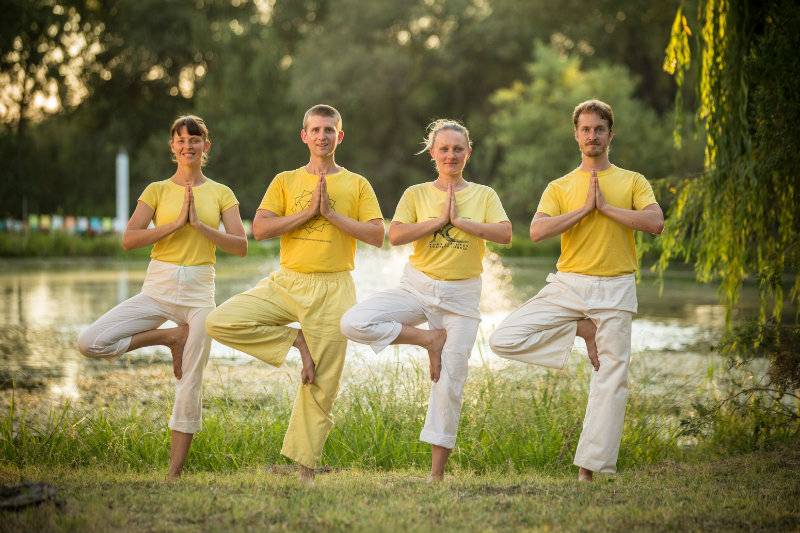
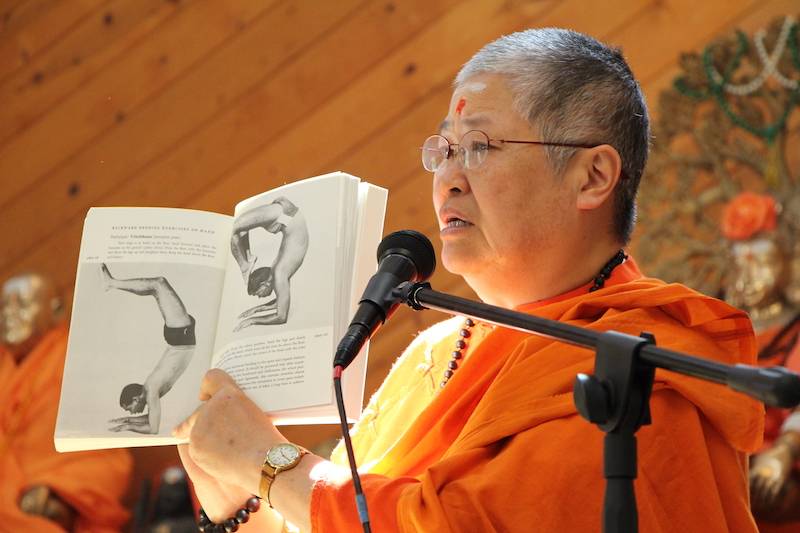
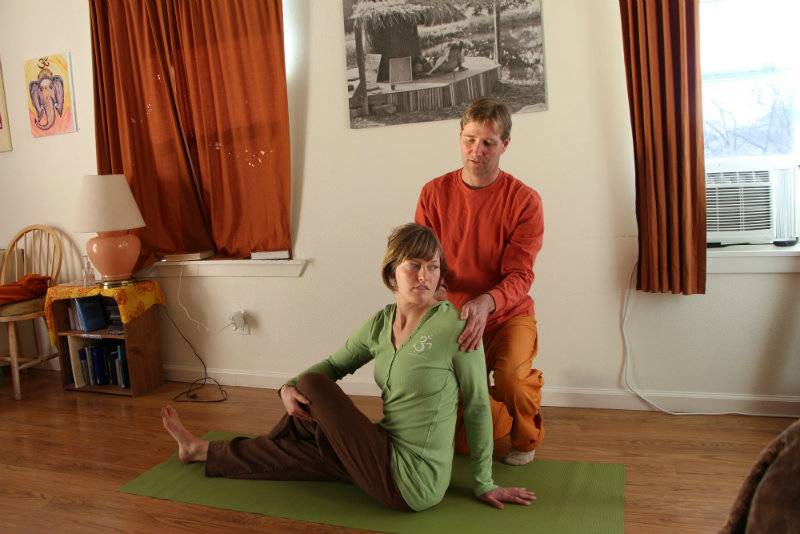
0 Comments